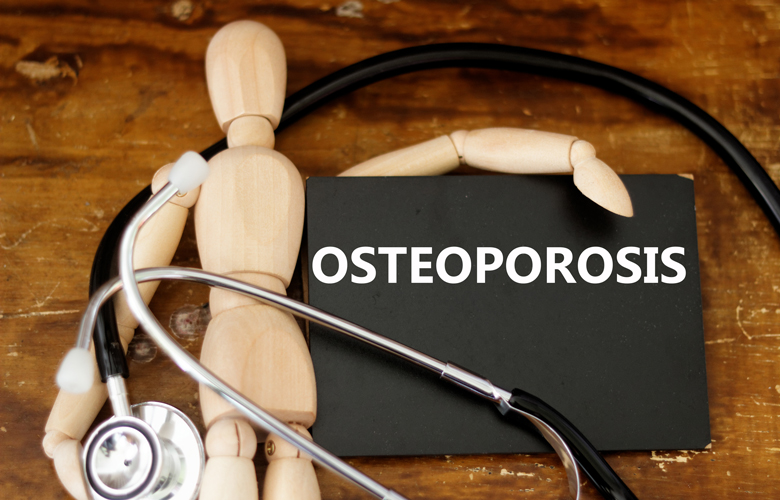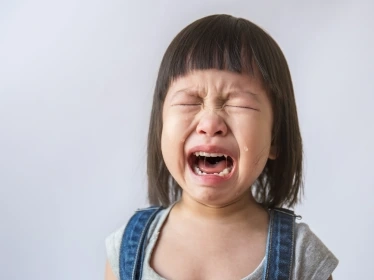
这些天我们经常听到骨质疏松症。您是否曾想过自己是否有风险,以及如果患有骨质疏松症该怎么办?
什么是骨质疏松症?
如果您认为骨质疏松症只影响老年人,那么我们有新闻要告诉您。它可能从30多岁开始,并且您的骨骼可能逐渐变得更脆弱,而您甚至都不知道。骨质疏松症的可怕之处在于,大多数人只有在骨折后才发现它!
事实是,我们的骨组织从大约30岁开始逐渐停止生长。骨组织的流失和替换之间应该保持平衡。这是身体内发生的自然过程。然而,当骨组织的替换速度不够快时,我们的骨骼变得更薄更弱。这种流失是难以察觉的,您可能完全不知道直到您在轻微碰撞或摔倒后骨折髋部、脊柱或手腕。
您是否有风险?
及早识别风险因素,接受检测并采取预防措施是明智之举。以下是可能使您有骨质疏松症风险的一些因素:
- 65岁及以上的女性
- 45岁之前早绝经
- 低影响骨折史
- 长期使用皮质类固醇
- 家族史中有骨质疏松症
- 患有慢性疾病,如甲状腺疾病、肝病或吸收不良(无法吸收食物营养)
- 酗酒
“普遍误解骨质疏松症是一种仅发生在老年妇女身上的疾病。事实上,它可以影响任何年龄段的男性和女性,只是在50岁以上的女性中更为常见。”钟建春医生说。
为什么女性更容易患骨质疏松症?
对我们的女性朋友来说,自然在这种情况下并不对您有利。首先,女性往往具有较低的骨密度和较小的骨架比男性。随着年龄增长,女性更容易患骨质疏松症,因为骨密度会下降。绝经后,骨质流失速度加快,因为使骨骼强壮的激素雌激素的产生减缓。
如何确定您是否患有骨质疏松症?
“如果您有较高的骨质疏松症风险,建议尽早咨询医生进行骨密度检查。疾病的早期干预不仅延长生命质量,还可以拯救您的生命。”钟医生建议。
有几种测量骨健康的方法:
- 骨矿物密度(BMD)测试 - 用于测量髋部和下背脊柱骨质量或骨质流失的黄金标准
- 亚洲人骨质疏松症自我评估工具(OSTA)- 通过比较亚洲女性的体重和年龄来评估骨质疏松症风险的参考图表
- X射线 - 检测骨组织变薄
如何预防骨质疏松症
建立更健康更强壮的骨骼应该从童年开始。所以,父母们,请注意!对于我们其他人来说,现在也不算太晚。以下是一些避免这种疾病的方法:
1. 良好的营养
每天增加钙摄入量至约800至1000毫克。钙的丰富来源包括:
- 奶制品,如牛奶、酸奶和奶酪
- 绿叶蔬菜,如西兰花
- 肉类
- 坚果,如杏仁
- 补充剂。
每天摄入约400国际单位的维生素D。
维生素D的丰富来源包括:
- 牛奶
- 鸡蛋
- 阳光
2. 负重运动
每周进行两到三次负重运动,每次约30分钟,可以预防这种疾病。
负重运动的例子包括:
- 快走
- 力量训练
- 跑步
- 有氧运动
- 太极
3. 定期锻炼
定期锻炼将提高您的整体幸福感、平衡、协调和肌肉力量。
4. 戒烟
研究发现吸烟与骨密度降低以及一系列其他健康问题有关。戒烟将带来更好的整体健康,包括骨骼健康。
5. 避免过量饮酒
过量饮酒也与许多严重健康问题有关,包括影响骨骼健康和骨质疏松症风险。这是由于酒精对钙吸收的影响,导致骨骼因缺乏钙而恶化。
治疗和药物
正确饮食和定期锻炼可以避免因骨质疏松症导致的疼痛、残疾甚至危及生命的骨折。了解风险因素、接受医生评估并寻求治疗对于预防和控制疾病至关重要。




